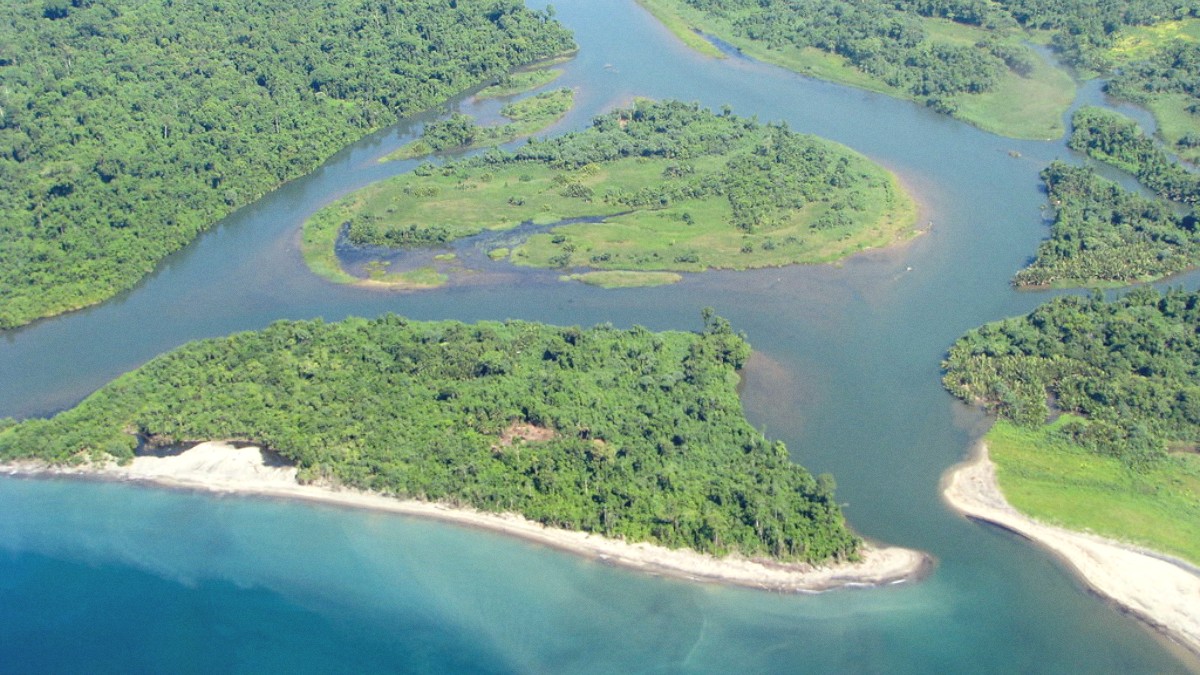
Island Provinces, Papua New Guinea
Maximizing your experience while managing expenses.
Tailoring your approach based on your travel companions.
Navigate New Britain with greater confidence.
Considerations for different types of journeys.
Hiring local guides for tours. Guides contribute cultural context, safety, and direct support for local economies.
Online tools and print materials for your New Britain adventure.
Online tools for planning, navigation, and real-time data.
Traditional resources for information and historical context.
Emergency numbers and health information.
Search for "PNG Tourism," "Kimbe Bay Diving," or "Rabaul Tourism" on platforms like Instagram or Facebook for visual inspiration. Podcasts focusing on Papua New Guinea's history, culture, or diving experiences can provide insights.
Search for documentaries on WWII in the Pacific, notably focusing on Rabaul.
Listen to traditional Papua New Guinean music or research traditional mask art.
Facebook groups dedicated to "Papua New Guinea Travel" can offer current advice.
Report lost items to local police to obtain a police report for insurance purposes. Stay informed about local conditions.
Search for podcasts on Papua New Guinea's history, culture, or diving experiences.
These resources offer background knowledge before your journey.
cultural understanding can arise from listening.
Groups like "Papua New Guinea Travel" or "Diving PNG" are active.
Fellow travelers and locals share up-to-date information.
Direct questions to experienced travelers often yield unique insights.
Basic Tok Pisin phrases online or in guidebooks. Practice enhances interactions.
A VPN service like NordVPN can secure your internet connection while traveling.
Travel organization products assist with efficient packing and access to belongings.
Reading up on Papua New Guinea's culture, history, and safety advice is beneficial.